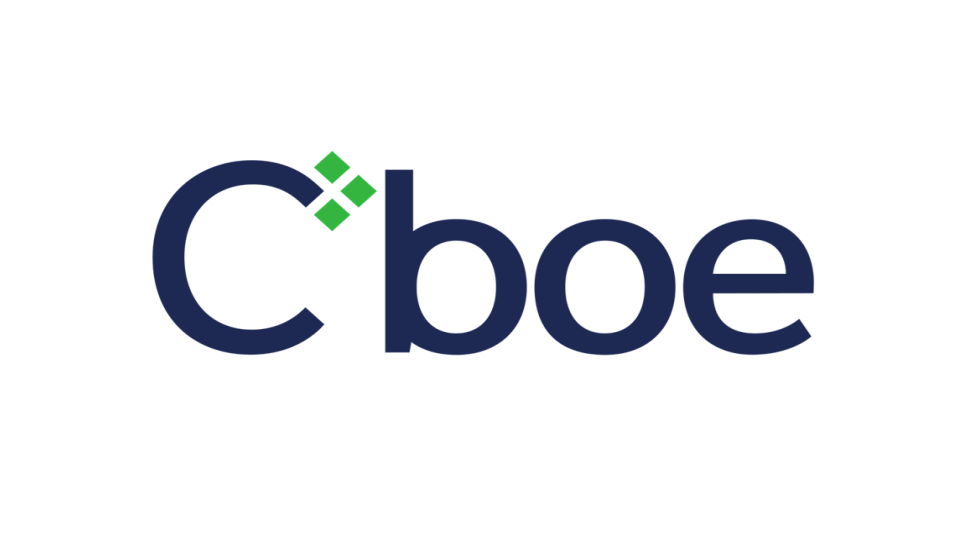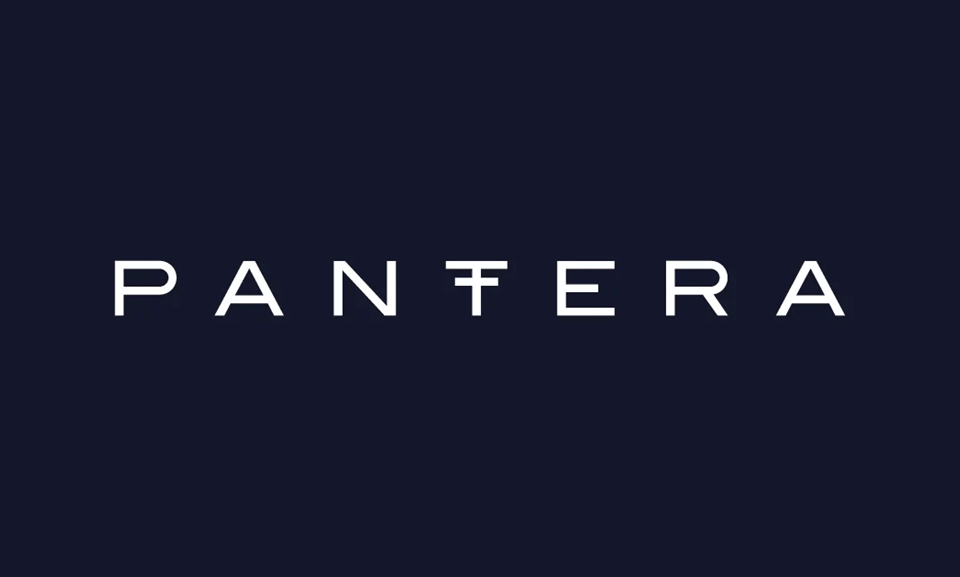
Google restricts election queries in Gemini chatbot
March 13, 2024
io.net adds Apple chip support to its cloud-based GPU-sourcing network
March 13, 2024India plans faster stock settlements to slow down crypto migration

In a bid to enhance competitiveness against the growing inclination towards crypto exchanges, India’s Securities and Exchange Board (SEBI) announced plans to introduce a faster trade settlement mechanism for its stock market. The transition to a T+0 trade settlement cycle aims to meet investors’ expectations for instantaneous settlements, offering same-day settlement options to traders. Let’s delve deeper into this development and its implications for India’s financial markets.
SEBI Chair Madhabi Puri Buch revealed the plan to introduce the T+0 trade settlement cycle by March 28. Currently, the Indian stock market operates on a T+1 settlement cycle, settling all stock trades the following day. Buch emphasized the importance of transitioning to T+0 to remain competitive with cryptocurrencies, as investors increasingly seek instant settlements. The move towards T+0 settlement reflects India’s efforts to adapt to evolving investor preferences and market dynamics.
Advantages of T+0 Settlement
The transition to T+0 settlement offers several advantages for investors. Instant receipt of funds and securities provides greater liquidity and flexibility for traders, eliminating the risk of settlement shortages. Additionally, same-day settlements empower investors with greater control over their funds and securities, enhancing overall market efficiency and transparency. SEBI’s initiative aligns with global trends towards faster trade settlements, catering to the growing demand for real-time transactions.
Despite India’s traditional stance on cryptocurrencies, recent regulatory actions reflect the government’s commitment to enforcing compliance measures. The Financial Intelligence Unit (FIU) issued notices of noncompliance to several crypto exchanges for operating illegally in India, underscoring the importance of adhering to Know Your Customer (KYC) and Anti-Money Laundering (AML) regulations. While India maintains a cautious approach towards crypto, the country continues to explore blockchain technology across various initiatives, highlighting its potential for driving innovation and efficiency in governance.
Adoption of Blockchain Technology
India’s adoption of blockchain technology extends beyond its regulatory stance on cryptocurrencies. The country hosts over eight million government-issued documents on five different blockchain platforms, leveraging platforms such as Hyperledger Fabric, Hyperledger Sawtooth, and Ethereum. Blockchain initiatives in India span various sectors, including certificate management, document verification, drug logistics, judiciary records, and property management. This demonstrates India’s commitment to harnessing blockchain‘s transformative potential to enhance transparency, security, and efficiency across diverse domains.
India’s decision to introduce T+0 trade settlement underscores its efforts to modernize its financial markets and remain competitive in the evolving landscape of global finance. By offering same-day settlements, India aims to address investor expectations for faster and more efficient transactions, bridging the gap between traditional stock markets and emerging crypto exchanges. As India continues to navigate the intersection of traditional finance and emerging technologies, initiatives like T+0 settlement and blockchain adoption pave the way for greater innovation, efficiency, and inclusivity in India’s financial ecosystem.



